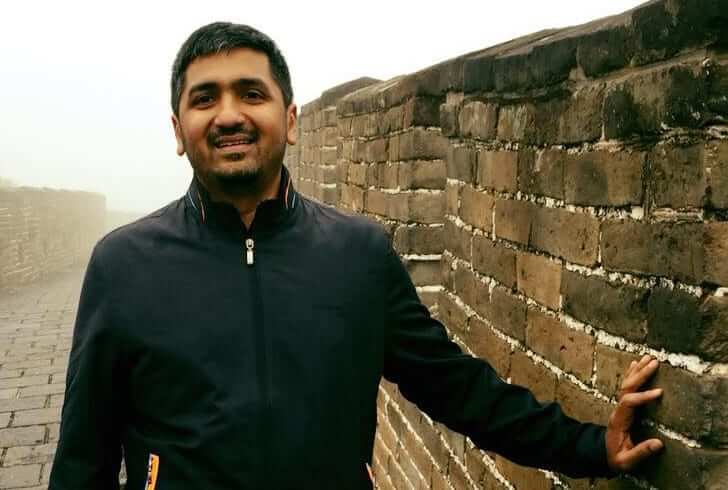Fayaz Taher believes you should just start something to get the ball rolling, then you can start learning some important lessons as an entrepreneur.
What’s your story?
I am from Bangladesh and I live and work here. I studied in the US at Babson College and Clark University. I started a few tech startups in the US and after University, I came back to Bangladesh to start a shoe manufacturing plant and retail brand. I started off as a young entrepreneur with a fried chicken restaurant when I was in highschool.
What is your involvement with Investment?
I have done several angel investments in Bangladesh early on. When the word startup didn’t even exist we took some early risks as a group of angels. Some have been fairly successful and some were not but the lessons we learned, allowed us to understand what works and what doesn’t. Now we are in the process of starting an early stage seed fund.
How did that come about?
It came about because of my passion for technology and also the problems in the access to capital in our country. Our country is very debt and collateral oriented which means tech ventures and talents virtually have no chance. We wanted to create alternative investment options so that the talents do not leave the country or, waste their talent.
What are some of the key things you have learnt about Investing?
It is about long term and not short term. A minimum of 20 years in a new ecosystem. Investing in people and teams are quite important. Operate in a large market size or create a new market or service that doesn’t exist at all.
What mistakes do you see less experienced investors making?
Term sheets or operating like a bank or personal side venture. Many investors want quick returns and do not see how important it is for founders to be incentivised long term.
What mistakes do you see Entrepreneurs making?
Not hiring the right people on their team and working on their MVP. Too many entrepreneurs assume many things about the customers and do not start testing an early MVP to understand the insights. Also they do not focus on hiring the right team. Sometimes entrepreneurs also think that they cannot start without money and so they seek money first without validating that their concept can actually work in the first place.
What’s the best piece of advice you ever received?
Just start. If you do not initiate something, nothing will move and you cannot learn. The best way to learn is to do it.
What advice would you give to those seeking funding?
Just start doing it. Test your concept, test your market and talk to your customers to understand the insights. It is about trial and error and navigation.
Who inspires you?
My father who is a serial entrepreneur and an industrial leader. He has been on the forefront of various industries.
What have you just learnt recently that blew you away?
You need to dig deep in tough times and without facing the tough times you cannot break through. Every successful entrepreneur has gone to the rock bottom and they had to ask themselves whether to continue or give up. The ones who are successful today we know that they kept trying until they hit it because they believe in themselves and the opportunity.
What business book do you recommend the most?
Power of Habits, Start with why? Mindset
Shameless plug for your business/organisation:
Startup Dhaka is a platform that develops the capacity of entrepreneurs through an accelerator program, an online platform and events as well as to connect to investors for fund raising.
How can people connect with you?
[email protected]
Social Media profiles?
https://www.linkedin.com/in/fayaztaher/
https://www.facebook.com/fayaztaher84
—
This article is part of the World Business Angel Forum media partnership with AsianEntrepreneur.org
If you would like more information about WBAF, please contact Callum Laing WBAF High Commissioner for Singapore. [email protected]
































